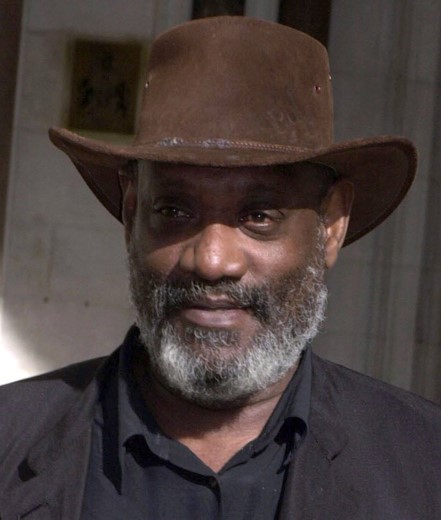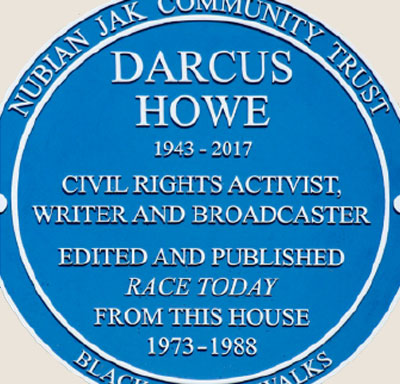
Race Today became a leading voice for Black and Asian intellectuals and activists, coalescing around social justice campaigns.
Leighton Rhett Radford "Darcus" Howe was born in Trinidad and arrived in England as a teenager in 1961. His intention was to study law, but in London, he got involved with immediate issues affecting young Black people and joined the British Black Panthers. He came to public attention in 1970 as one of the nine protestors, known as the Mangrove Nine, arrested and tried on charges that included conspiracy to incite a riot, which had followed a protest against repeated police raids of The Mangrove restaurant in Notting Hill, London.
In the seventies, he became further involved in housing issues, notably Bangladeshi housing, the Black Peoples Day of Action, where he organised a 20,000-strong Black People's Day of Action, in protest at the handling of the investigation into the New Cross house fire. He changed the face of British TV, presenting polemical shows like the Bandung File, Devil’s Advocate and the Race Today Collective of left-wing writers and thinkers was instrumental to the history of the Black Radical press in Britain.
Between 1973-88, the ground-breaking Race Today journal was at the epicentre of a wide struggle for racial justice in Britain. They fought police brutality, challenged racist institutions, and linked the experiences of Black communities in Britain with other struggles to illustrate the interconnectedness of race, sex and class. Under Darcus Howe and, from 1985, his wife Leila Hassan, Race Today became a prominent voice for the anti-racist Black community in the UK.

